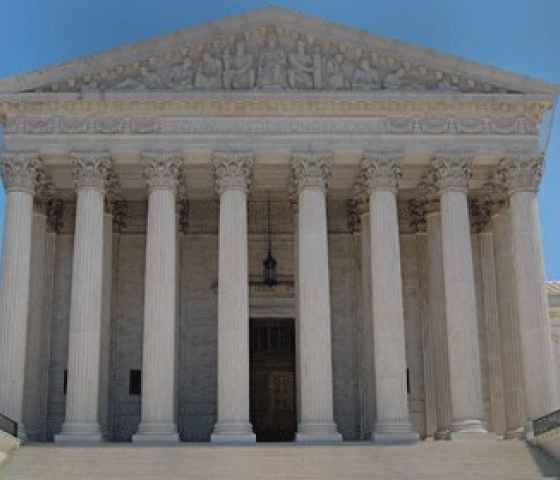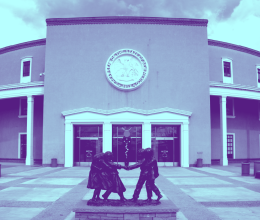ALBUQUERQUE, NM - Today, the American Civil Liberties Union (ACLU) of New Mexico released videos in English and Spanish to educate travelers about their rights when passing through interior border patrol checkpoints. U.S. Customs and Border Protection (CBP) currently claims extraordinary authority to stop and question people in the 100-mile border zone that runs along our southern border with Mexico, our northern border with Canada, and our maritime boundaries on the Pacific and Atlantic oceans. All together, this area encompasses nearly two thirds of the nation’s total population. CBP operates more than 30 permanent immigration checkpoints inside the 100 mile zone (three of which are located in southern New Mexico), scores of temporary checkpoints, and constant roving patrols throughout the zone.
“These militarized checkpoints should never exist inside the land of the free, but it’s a reality that millions of people will have to contend with as they travel for the holidays,” said ACLU of New Mexico Executive Director Peter Simonson. “Navigating these checkpoints can be intimidating and confusing, so we’ve put together short, shareable videos that explain what rights you have in these situations. It is our hope that people will use this knowledge to better protect themselves when they are confronted by CBP.”
While the ACLU believes that these checkpoints violate Fourth Amendment protections against arbitrary stops and searches, CBP continues to claim expansive authorities within the 100 mile zone. These expanded authorities, which are exercised with minimal oversight and accountability, have led CBP agents to routinely ignore or misunderstand the limits of their legal authority in the course of individual stops, resulting in violations of the constitutional rights of innocent people
“These checkpoints are especially disruptive for people who live and work in New Mexico’s border communities,” said Nia Rucker, Policy Counsel for the ACLU of New Mexico. “Many people are forced to pass through these checkpoints multiple times a day as they travel to school and work. We often hear from people of color, immigrants, and other people more likely to be perceived as ‘foreign,’ that they regularly experience harassment and discriminatory treatment at these checkpoints.”
People who believe that their rights may have been violated at an interior checkpoint or by a roving CBP patrol in New Mexico are encouraged to file a complaint at www.aclu-nm.org
The Know-Your-Rights video is available in English here.
The Know-Your-Rights video is available in Spanish here.
###





